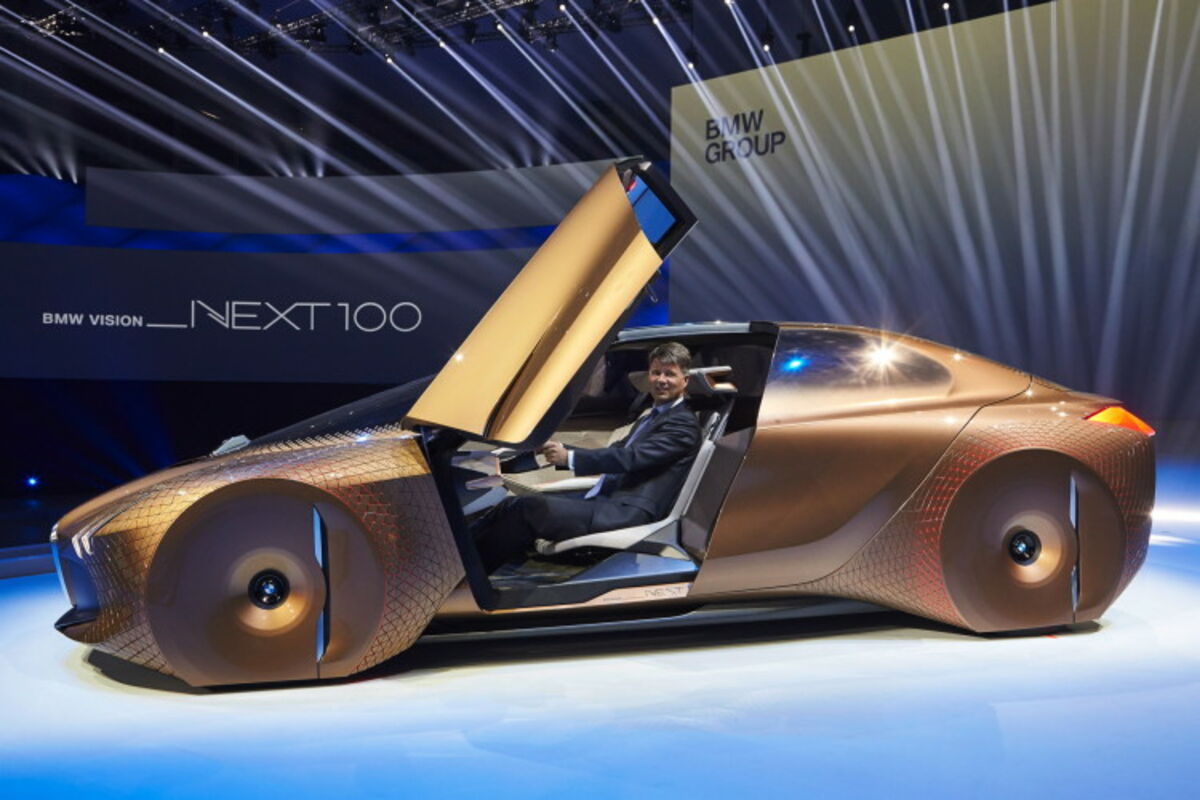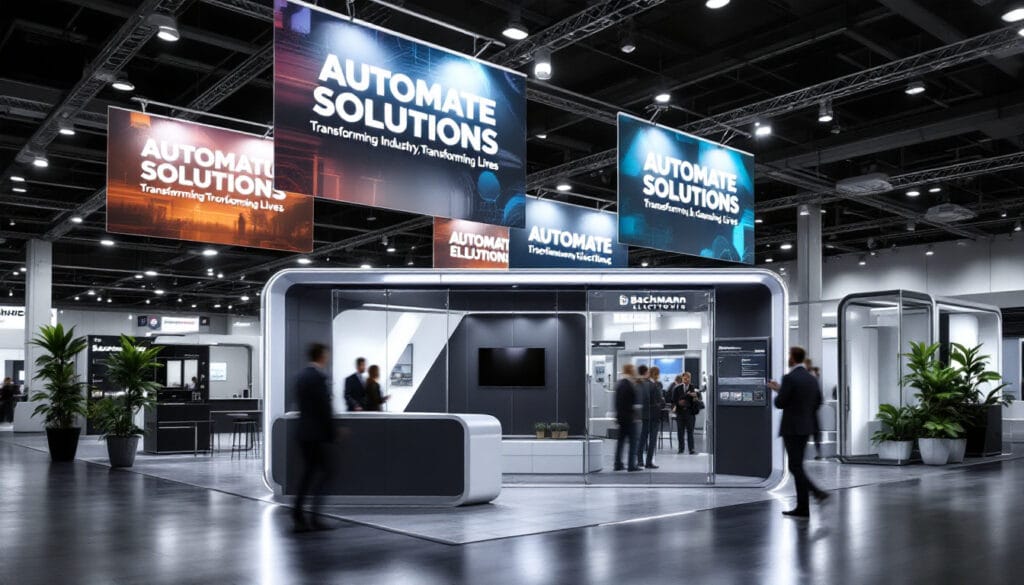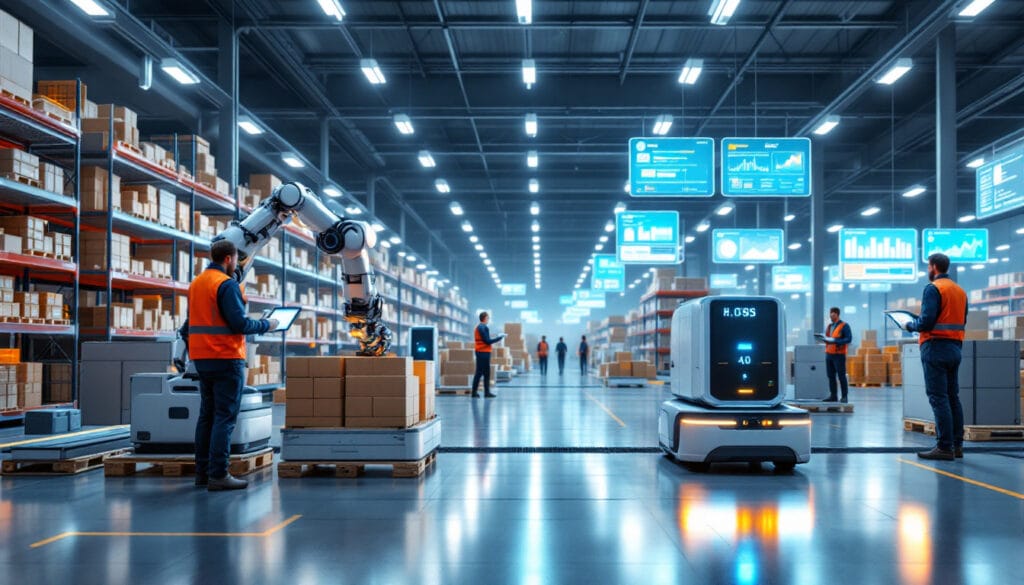Table des matières
ToggleImpact on Manufacturing
The automotive industry is undergoing a true digital revolution. Digital transformation is profoundly changing production methods, integrating cutting-edge technologies such as the Internet of Things (IoT), artificial intelligence (AI), and digital twins.
The transition to digital manufacturing in the automotive sector enables increased automation of processes. Collaborative robots, or cobots, interact directly with human workers, enhancing the precision and speed of operations. These intelligent machines can perform repetitive tasks with great efficiency while reducing production errors.
Moreover, the integration of IoT in factories allows for real-time monitoring of equipment. IoT sensors collect and transmit data on the status of machines, enabling predictive maintenance. This reduces unexpected downtime and extends the lifespan of equipment.
The adoption of artificial intelligence in the manufacturing process offers significant advantages. Machine learning algorithms optimize workflows, identify inefficiencies, and propose solutions to eliminate them. They also enable proactive inventory management, ensuring that necessary parts are available without surplus accumulation.
Digital twins represent another major advancement. These virtual replicas of products and processes allow for detailed simulation and predictive analysis even before physical prototypes are created. This accelerates product development and enables early adjustments based on concrete data.
Automation of Production Lines
The digital revolution is significantly transforming the automotive industry. One of the most impacted areas is manufacturing.
The production lines greatly benefit from automation. Thanks to robots and advanced control systems, it is possible to produce parts with increased precision and impeccable consistency. This not only optimizes costs but also reduces human errors.
This automation translates into several concrete advancements:
- Increased production rates
- Reduction of manufacturing lead times
- Improvement of finished product quality
The digital technologies play a crucial role by allowing real-time management of production operations. Smart sensors enable tracking and adjusting processes according to needs. This guarantees essential flexibility in such a competitive sector.
In summary, the adoption of these technologies disrupts traditional methods and opens innovative perspectives for the automotive industry.
Reduction of Production Costs
The digital revolution is transforming the automotive industry at a rapid pace. Cutting-edge technologies, such as artificial intelligence and the Internet of Things (IoT), are redefining production processes by integrating more efficient and flexible solutions. Companies leverage these innovations to improve quality, increase productivity, and reduce costs.
In manufacturing, the impact of the digital revolution is significant. Autonomous robots and additive manufacturing (3D printing) technologies enable rapid and customized production while minimizing human errors. Smart sensors and real-time data analysis provide valuable insights for optimizing factory operations.
Among the most notable benefits of these technologies is the reduction of production costs. Here are some ways in which companies achieve this:
- Automation of repetitive and hazardous tasks using collaborative robots, increasing worker safety.
- Use of advanced planning and management software to better synchronize the supply chain and avoid production stoppages.
- Reduction of material waste and testing costs through digital simulations and process optimization.
- Predictive maintenance to anticipate equipment failures and extend their lifespan, thus avoiding costly interruptions.
By integrating these technologies, vehicle manufacturers can not only respond more quickly to market demands but also offer more innovative and higher quality products. The digital revolution continues to reshape the industrial landscape, providing new opportunities to improve production processes.





